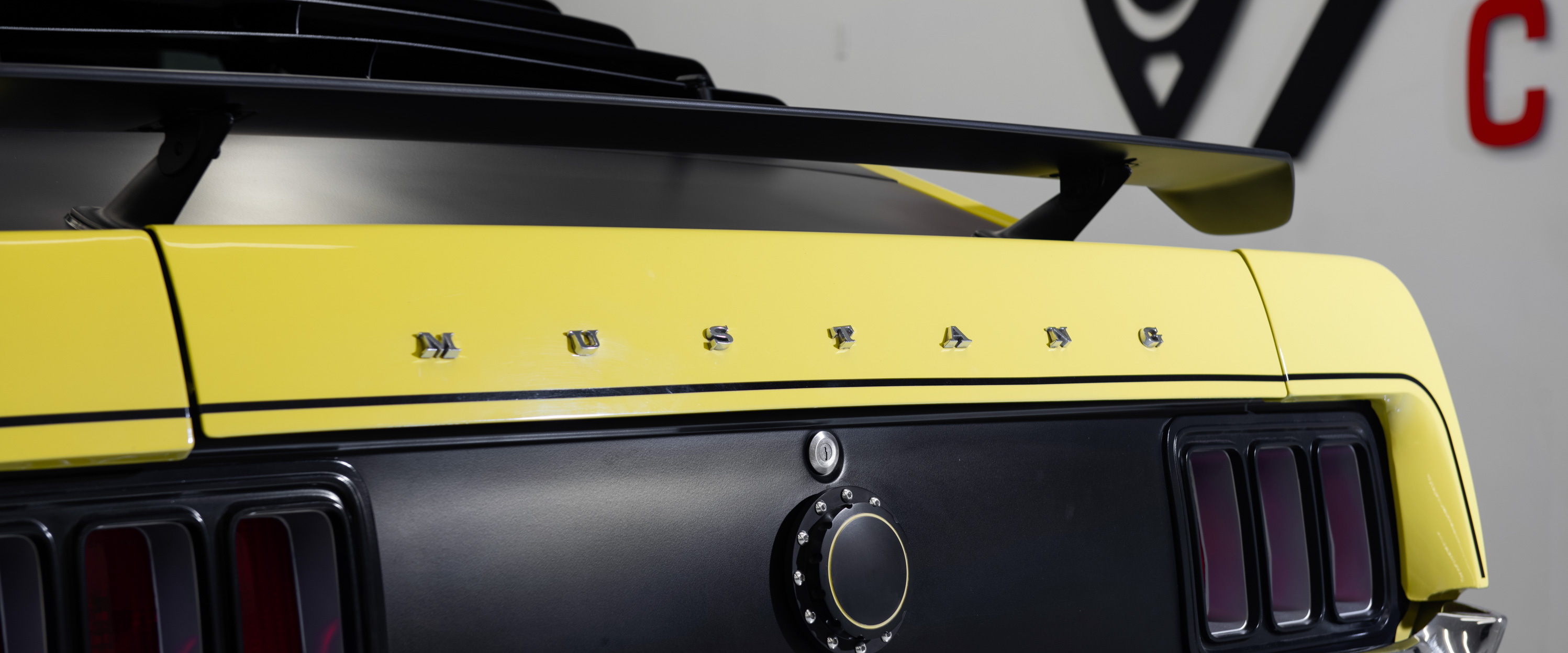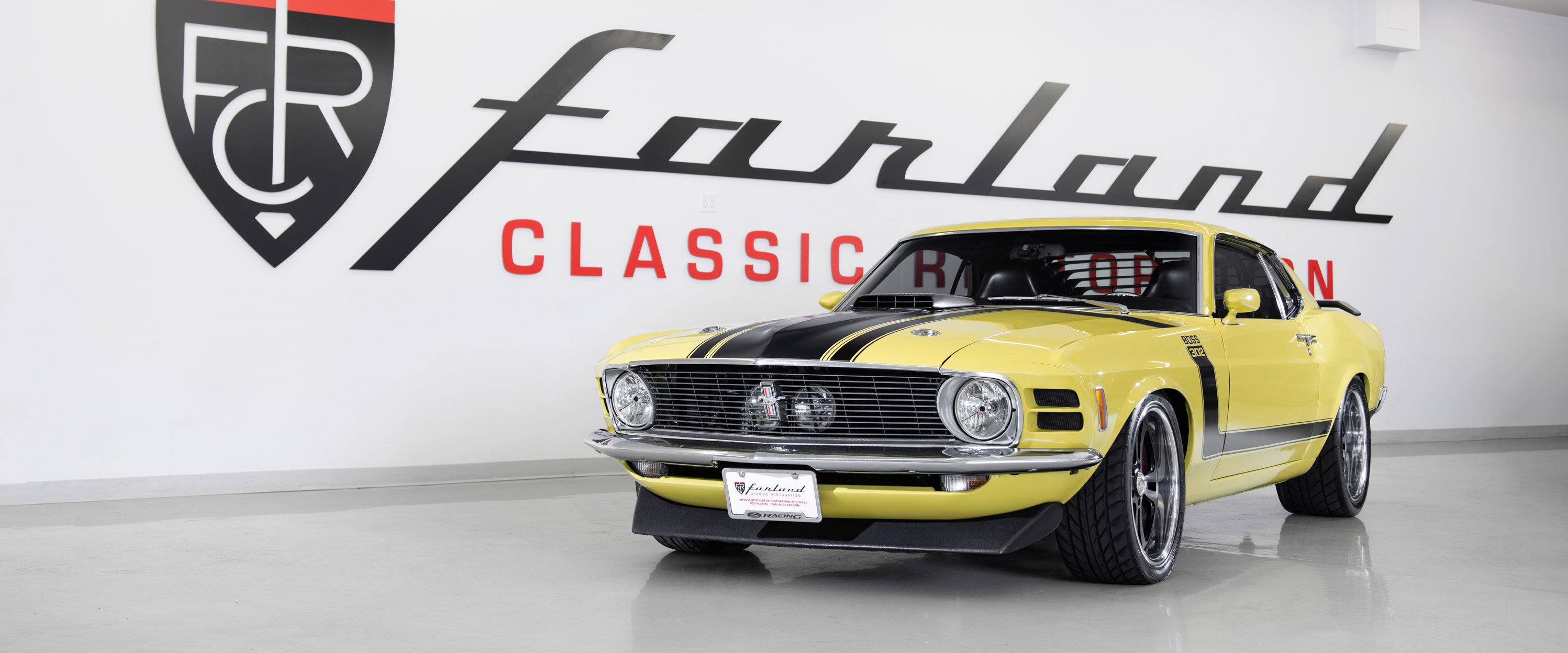Can I Finance a Classic or Collector Car?
Yes, you can, but the process is a little different than with modern cars. We will explain in a moment. And just FYI, the photos included in this article all show vehicles that have been financed when sold through our showroom. These include a 1970 Ford Boss 302 Mustang Restomod, a Porsche 911S and more.
Now, back to financing. Commercial banks do not want to loan against any car not in the current NADA(National Automobile Dealer's Association) book, since they drop out after eight years and the collateral value can’t be determined for older cars. Bank loan departments aren’t going to get involved with figuring out what a collector car is worth, be it a survivor or restored. The most your local bank might consider would be a personal loan to you, secured by your deposits in the bank or another instrument sufficient to pledge as collateral, but not the collector car itself.
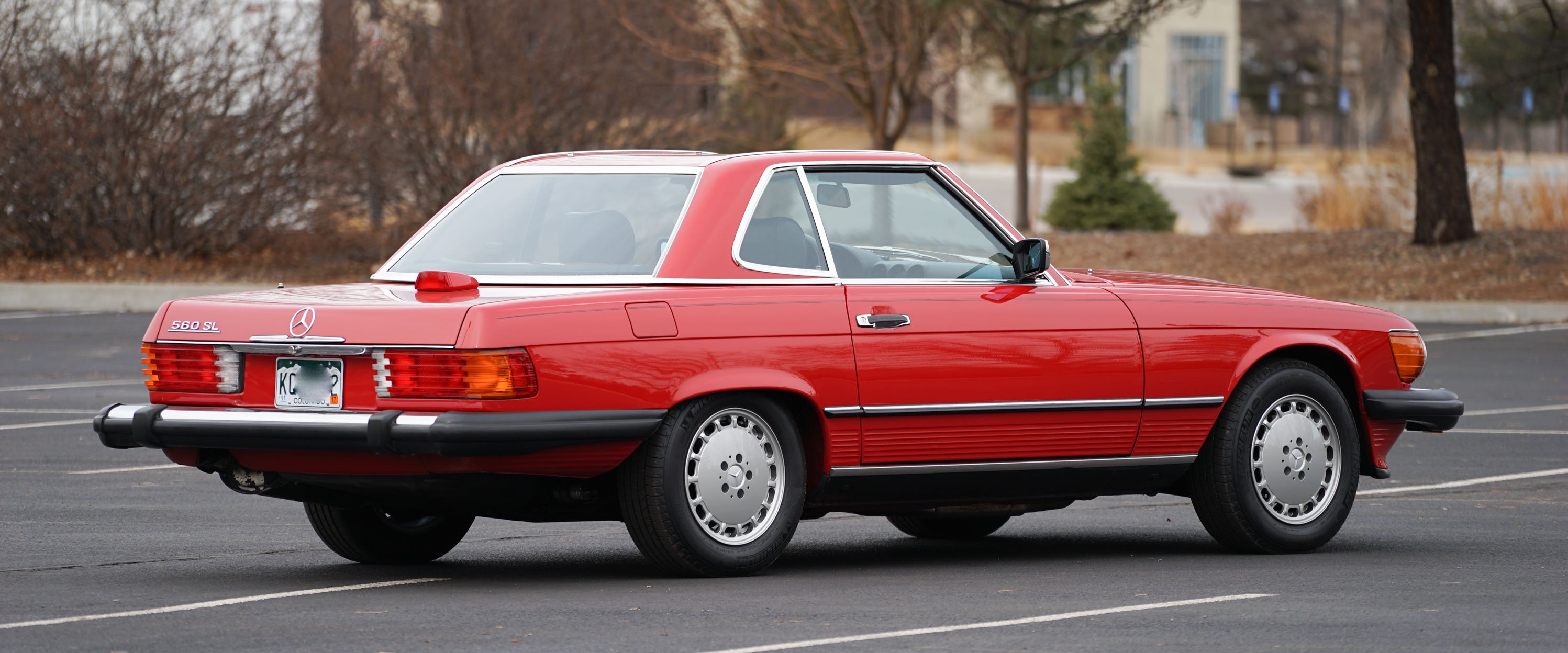
However, there is a busy lending industry that caters specifically to speciality cars, populated by lenders who seek out that business. Their reasoning is sound: Vintage car nuts tend to be very creditworthy and often have substantial financial assets. So, why would they need a loan? Such individuals often have their capital tied up in investments that are paying attractive returns and don’t want to cash out, or they may have another venture that’s paying regular dividends that could service a loan. The permutations are endless, but the bottom line is, some wealthy folks find it advantageous to borrow at times.
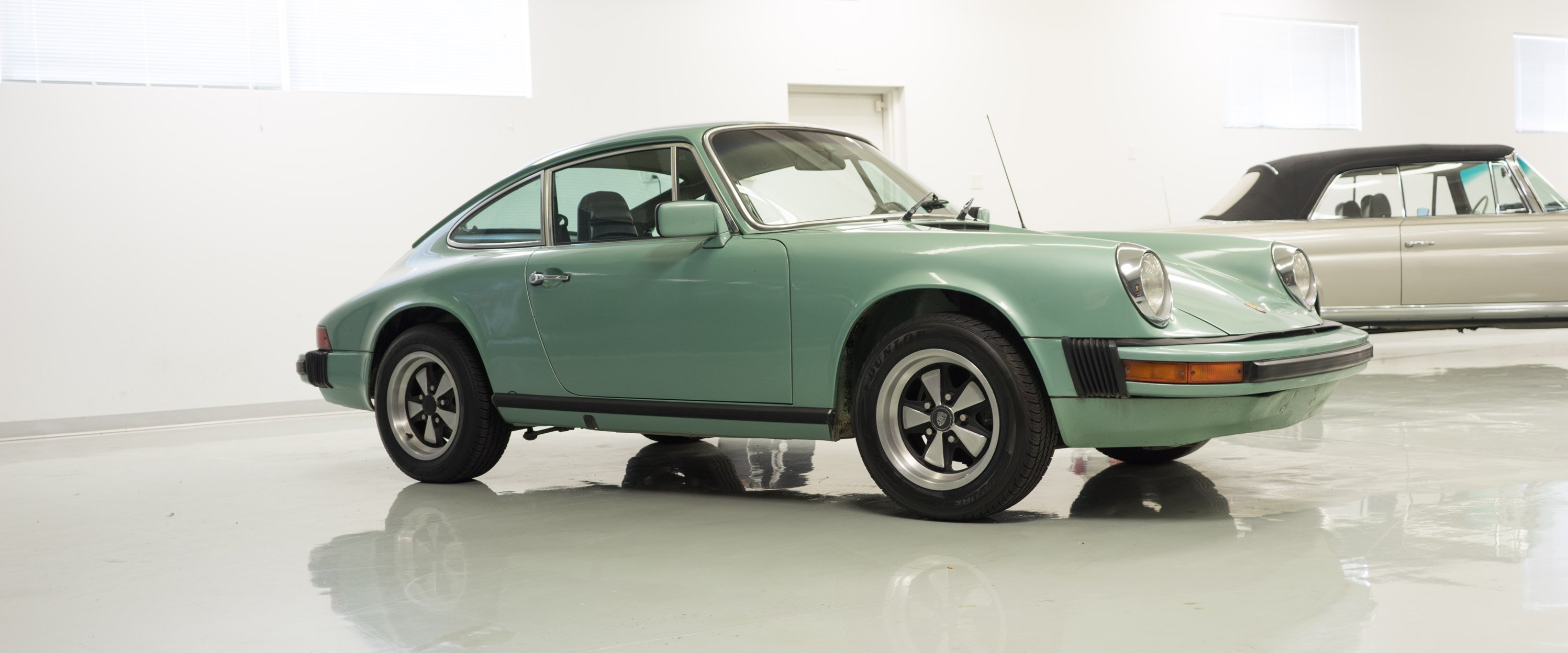
These specialized lenders do make the effort to acquaint themselves with the collector car market—unlike ‘normal’ banks that are focused on real estate and other local lending opportunities like late-model cars or small business loans. A lender that does nothing but collector car loans learns to follow those markets to adequately judge collateral. They secure their exposure by only approving applicants with solid borrowing backgrounds and require the borrower to put up at least a 10% equity stake in every loan. Frankly, they are not interested in someone who has a weak credit history or minimal cash down and just skim the best applicants off the top. You’ve heard the old saying: “I had to prove I didn’t need a loan before I could get one!” Never truer than with classic car borrowing. Another analogy is that buyers don’t want a classic Porsche or Ferrari with a ‘story,’ and lenders don’t want borrowers with one, either. Fortunately, when the clientele is extremely reliable, interest rates can be very competitive.
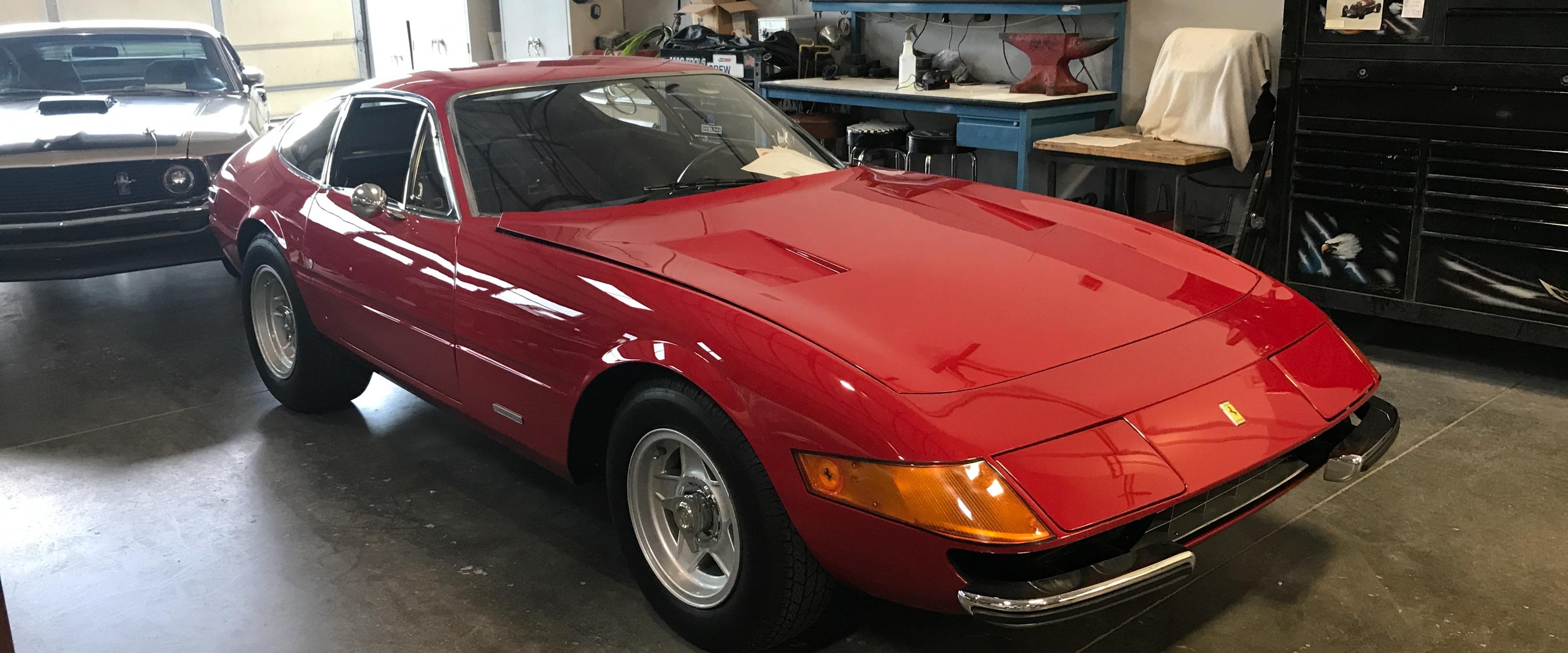
Again, why do wealthy guys decide to leverage a collector car instead of just paying cash? Beside the already-discussed investments they may have working for them, with purchasing collector cars a major factor is opportunity. A guy can go down to the Mercedes dealer and buy a new SL whenever he wants, and if he misses one, there’s always another coming right behind it. But, if someone has been looking for a very specific vintage car, and finds the perfect one available right now—either advertised or at an auction—he needs immediate cash so as not to miss it and his long-term investments aren’t going to help. Consequently, these specialty lenders offer pre-approvals so you can buy if the deal is right, and if not, you haven’t liquidated a good investment unnecessarily.
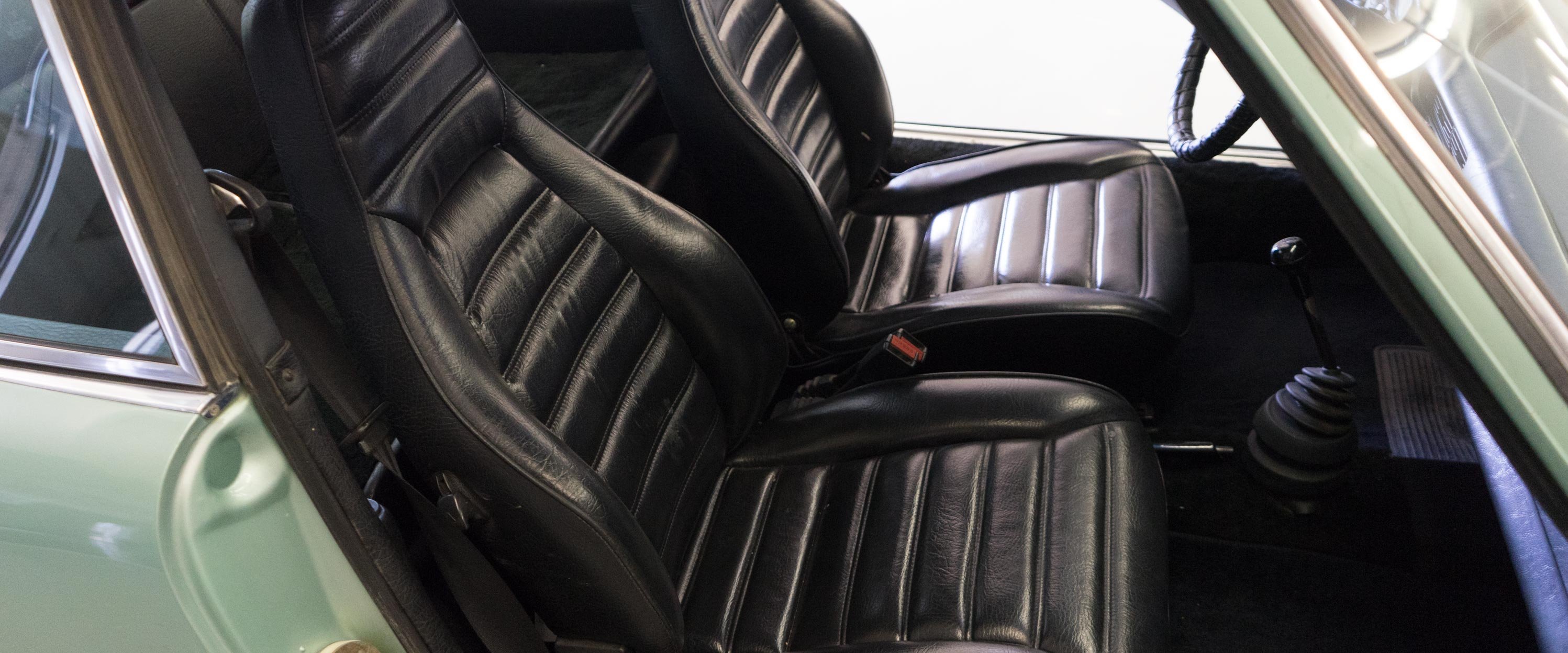
Specialized lenders recognize their sophisticated borrowers may only need funds for a limited time—until an investment matures or some other ship comes in. Consequently, the loans they offer usually have no prepayment penalty. You can sign up for five years to enjoy reasonable payments, but pay it all off in two, or three and only pay interest for the period you had the money.
That sounds great! Where do I sign up? Not so fast; there are some other stipulations to be aware of. Not only do such lenders only want ‘strong’ borrowers, they also insist on ‘strong’ cars. No projects need apply—it must be complete, road-worthy, have a title and run & drive to be considered for collateral. That doesn’t mean it needs to be a show-winner, and needing some light restoration work is usually OK, but it can’t be a work-in-progress. Ditto for customs—if it’s difficult to place a value on it, lenders will pass. In fact, before loans are funded, an independent inspector will be dispatched by the lender to (1) verify that the car exists [as a fraud control], (2) view the title and (3) see the car start up and move. Also, such loans are only attractive to a lender if they are large enough to generate a decent return—at least five figures or more. More? Sure! If the borrower and the collateral can swing $60,000, $80,000 or $100K that’s no problem.
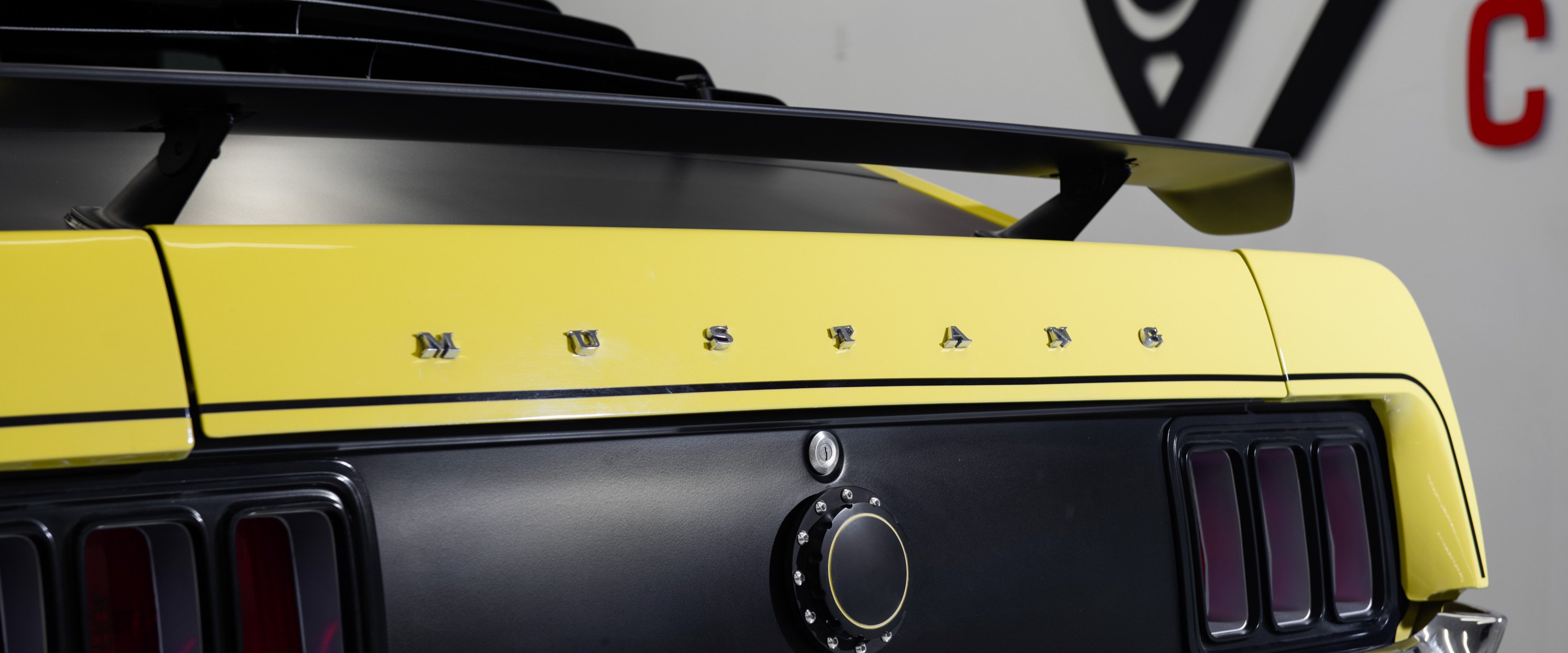
I’m in; who are these lenders? There are several, but the two best known are Woodside Credit and JJ Best Banc. Each does their business online and have proven to be very responsive and professional. They will lend on domestic muscle cars or European sports cars—as long as the price is commensurate with published guides.
That’s all fine, but what about a lot more? Six, 7 and 8 figures are not impossible, but now the field shifts to lenders who only work heavier loans. The two prominent in lending at the concours classic Ferrari and Mercedes-Benz Gullwing level are Premier Financial Services and Putnam Leasing. These two have a different approach in that they structure the contract as a lease, not as an installment loan. This serves two principle purposes: (1) by having an unpaid residual at the end, the monthly amortization payment is significantly reduced, and (2) many borrowers in this league have tax advantages with leases as opposed to asset acquisitions. The lease can still be paid off early if desired, based on simple interest, and the borrower can purchase the car outright or refinance the residual at lease-end if he wishes. He does not risk losing the car, but can walk away at lease-end if he choses (and the lender will then sell the car). These companies have a minimum loan amount of $100,000 and essentially no maximum. Obviously, the credit requirements are very high and at least 10% up front is necessary.
This was just an overview to quickly answer a question we frequently hear: “Can I finance that car?” and the answer is definitely yes! Feel free to give us a call at 720-588-8427 or email info@farlandcars.com to discuss any further questions.
